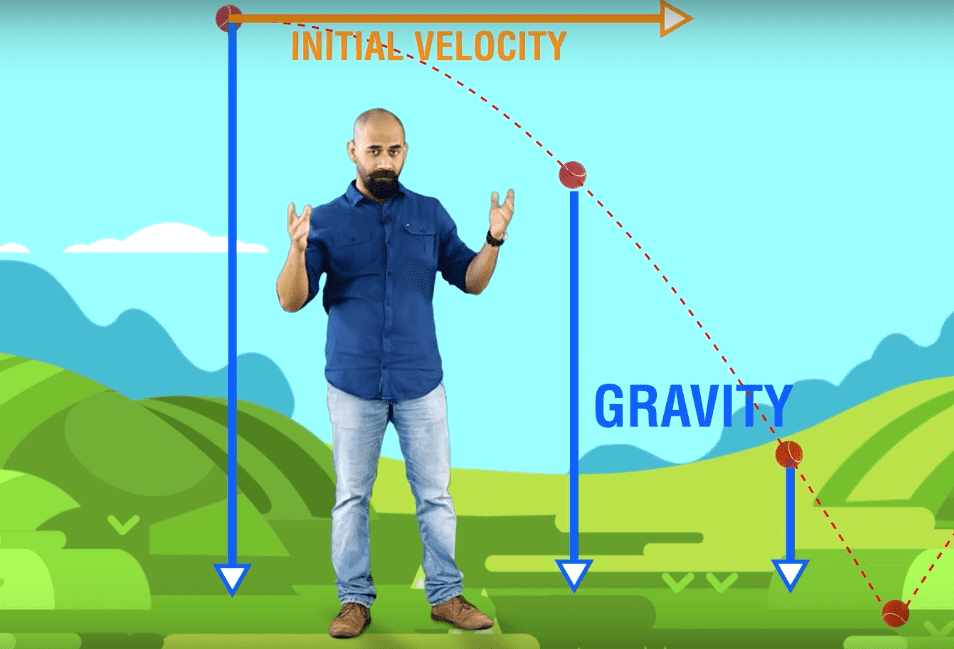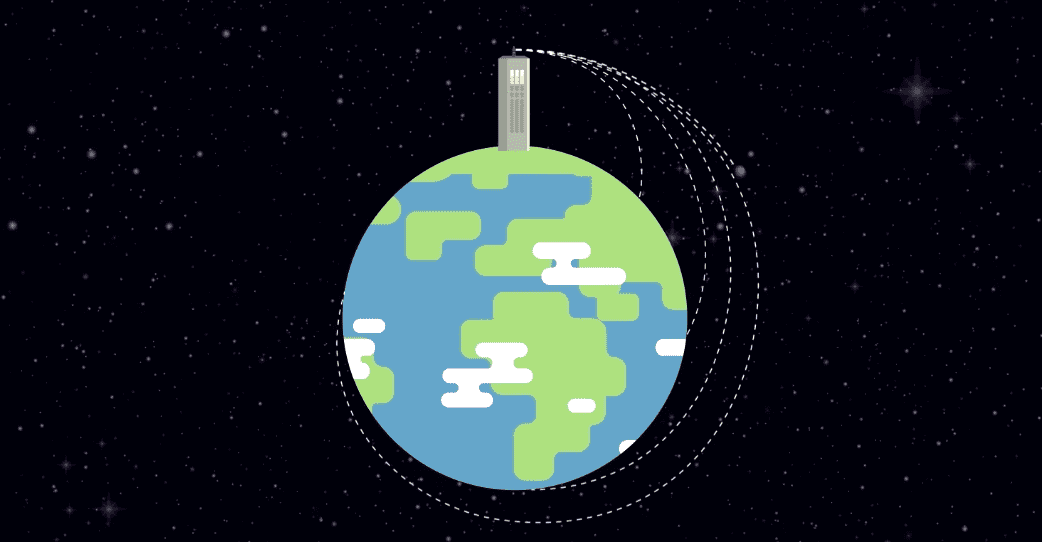
Our solar system is quite a marvel, consisting of the sun and several other celestial bodies. The largest of these celestial bodies are the 8 planets orbiting the sun due to the gravitational force of the sun and their own rotation about their axes. There is one more celestial body which is of importance to us, the Moon. The moon orbiting the earth is believed to be one of the reasons why the earth is a viable platform for the sustenance of life. This is all through the interference of gravity.
Just as the earth exerts a gravitational force on the moon, the moon exerts its gravitational force on our planet. Even though the moons gravitational pull is too slight when compared to the earth’s gravity, it still does have certain effects on our planet.

The rise and fall of the tide in the sea and even in lakes (upto an extent) is a predictable effect of the moon’s gravitational pull. High tide is where the moon’s pull is the strongest as that part of the earth is closest to the moon and a high tide is also experienced on the end furthest away from the moon as due to the effect of inertia. The in-between stage between the two points results in low tide.

The gravitational pull of the moon is also slowing down the earth’s rotation. This effect is known as tidal braking. Tidal braking increases the time of a day by 2.3 milliseconds every century. As every action has a reaction, the tidal braking effect transfers energy into the moon thus pushing the moon further away from the earth. The moon is thus moving away from the earth at a rate of 1.5 inches every year.
The moon’s effect on the axis of rotation of the planet may have been a key factor for sustaining the climate to lot life prosper on our planet for billions of years. The pull between the earth and the moon depends on basically two factors, the masses of the celestial bodies and the distance between them. The heavier of the bunch, the earth exerts a more significant pull on the moon. But why doesn’t the moon fall into the Earth?

It is basically an applied case of projectile motion. When a body is thrown, the force is applied tangentially to the curve of the earth but the motion of the object is in a parabolic form due to the action of gravity. The moon revolves around the earth in a similar way but due to the velocity with which the moon got hooked onto the earth’s gravity keeps it from falling onto the earth. This keeps the moon in a pretentious orbit around the earth even though it is moving further away from our planet by an ever so little margin.

If your curiosity is getting the better of you, check out this video which will explain why the moon doesn’t fall into the Earth.

Comments